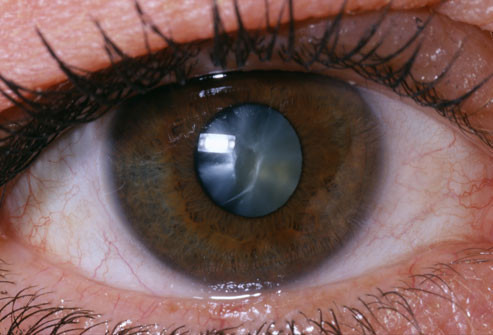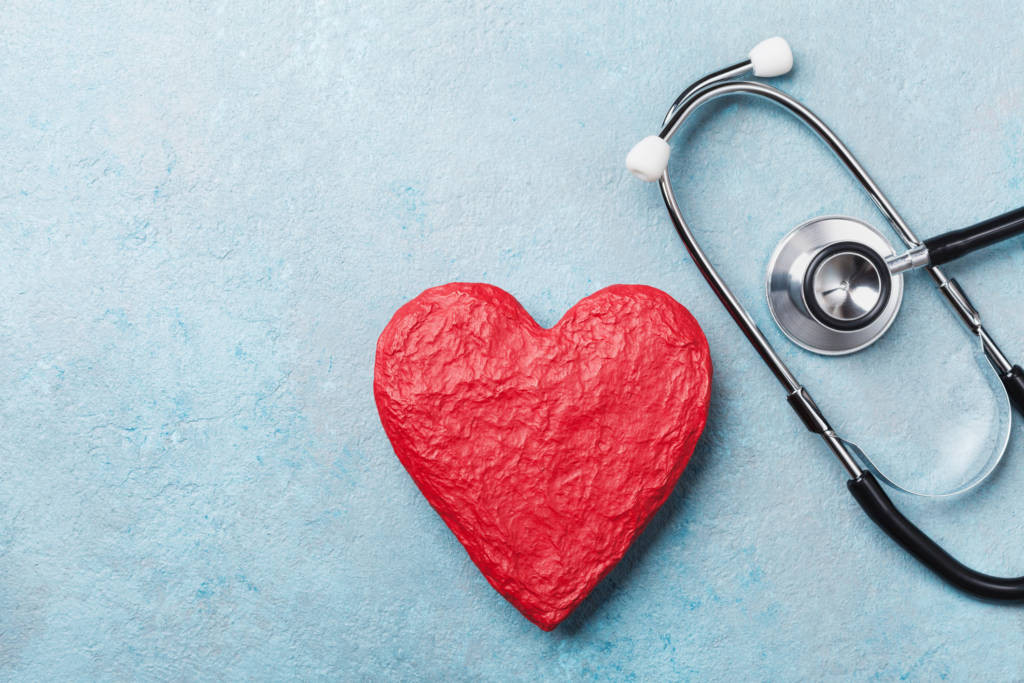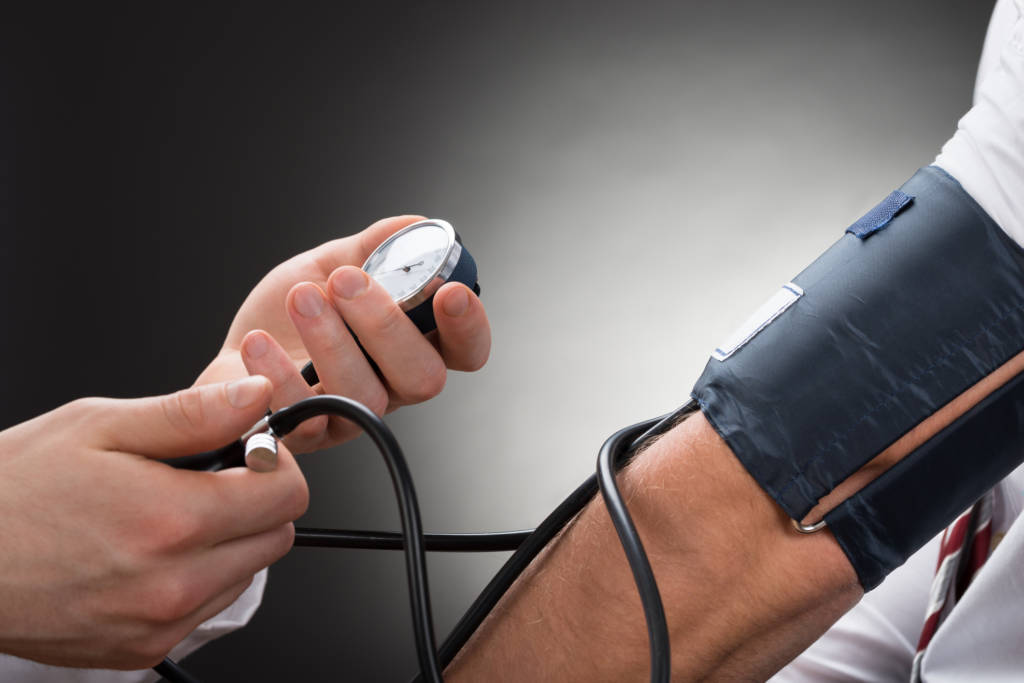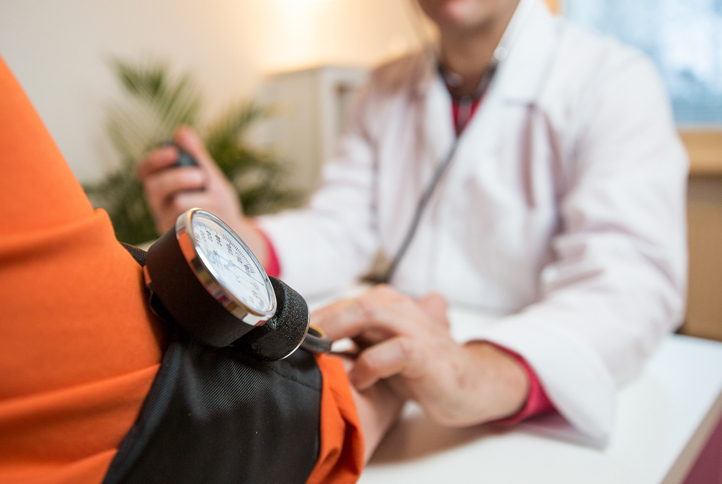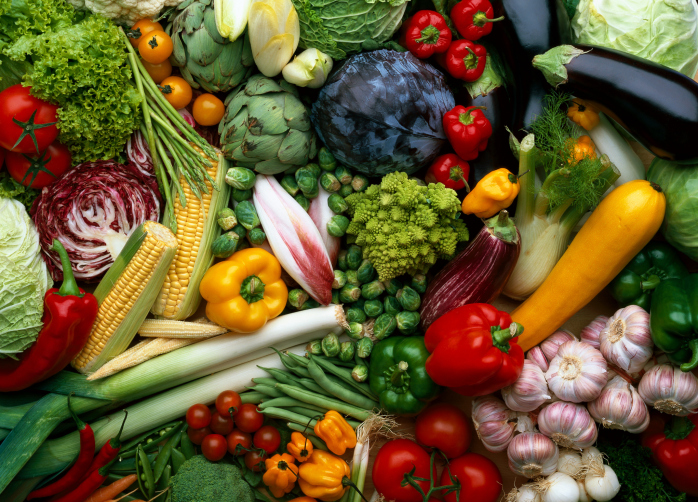A study of more than 400 adults with prehypertension, or stage 1 high blood pressure, found that combining a low-salt diet with the heart-healthy DASH diet substantially lowers systolic blood pressure — the top number in a blood pressure test — especially in people with higher baseline systolic readings.
Results of the randomized clinical trial of the dietary combination, conducted by researchers at the Johns Hopkins University School of Medicine, were published in theJournal of the American College of Cardiology.
“Our results add to the evidence that dietary interventions are as effective as—or more effective than—antihypertensive drugs in those at highest risk for high blood pressure, and should be a routine first-line treatment option for such individuals,” says Stephen Juraschek, M.D., an adjunct assistant professor at Johns Hopkins and an instructor of medicine at Harvard Medical School.
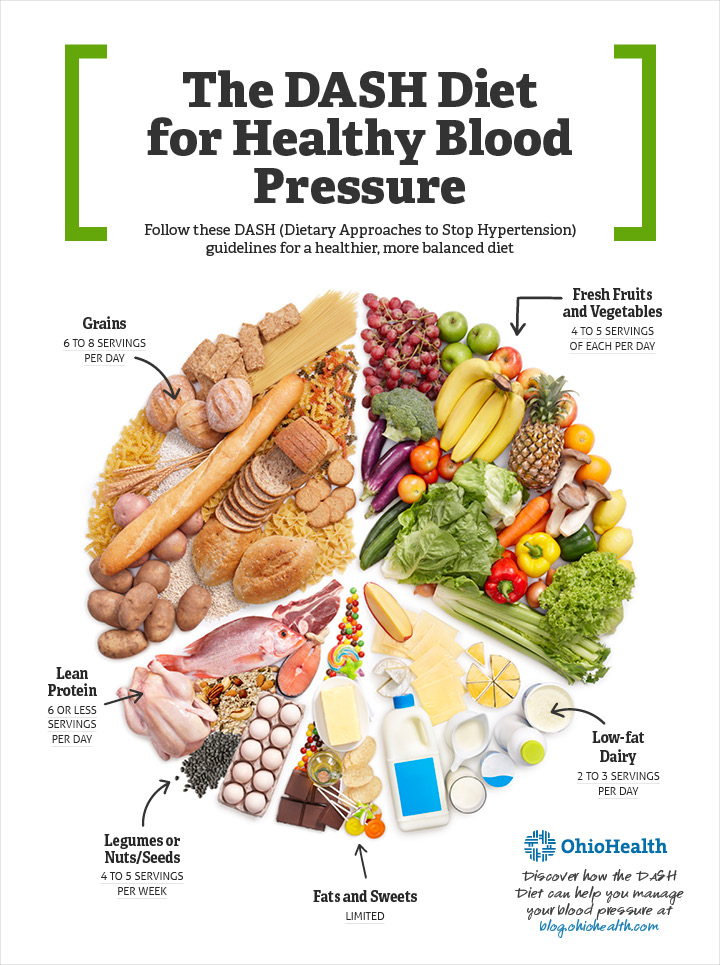 The Dietary Approaches to Stop Hypertension (DASH) diet, long promoted by the National Heart, Lung, and Blood Institute and the American Heart Association, is rich in fruits, vegetables and whole grains, along with low-fat or fat-free dairy, fish, poultry, beans, seeds and nuts.
The Dietary Approaches to Stop Hypertension (DASH) diet, long promoted by the National Heart, Lung, and Blood Institute and the American Heart Association, is rich in fruits, vegetables and whole grains, along with low-fat or fat-free dairy, fish, poultry, beans, seeds and nuts.
While both low-sodium and DASH diets have long been known to prevent or lower high blood pressure, Juraschek says the new study was designed to examine the effects of combining the two diets in adults with early or modest forms of high blood pressure—those considered to be at greatest risk for developing more severe forms of hypertension known to increase the likelihood of stroke, kidney disease, heart attacks and heart failure.
For the study, investigators tested and followed 412 adults, including 234 women, ranging in age from 23 to 76 years and with a systolic blood pressure of 120-159 mm Hg and a diastolic blood pressure between 80-95 mm Hg (i.e., prehypertension or stage 1 hypertension). Fifty-seven percent of the participants were African-American.
At the start of the study, none of the participants was taking antihypertensive drugs or insulin, none had a prior diagnosis of or current heart disease, renal insufficiency, poorly controlled cholesterol levels or diabetes.
Investigators put all participants on the DASH diet or a control diet for 12 weeks. The control diet was similar to that of a normal American diet based on the average macronutrient and micronutrient profile of the U.S. population.
All participants were also fed 50 (low), 100 (medium) or 150 (high) mmol/day of sodium in random order over four-week periods. Fifty mmol/day is equivalent to 1,150 mg of sodium. A teaspoon of salt is equal to 2,400 mg of sodium. A diet that includes 100 mmol/day of salt is equivalent to 2,300 mg of sodium — or nearly a teaspoon of salt. This is the maximum level of sodium intake recommended by the U.S. Food and Drug Administration (FDA) and is thought to reduce the risk for heart disease and stroke.


